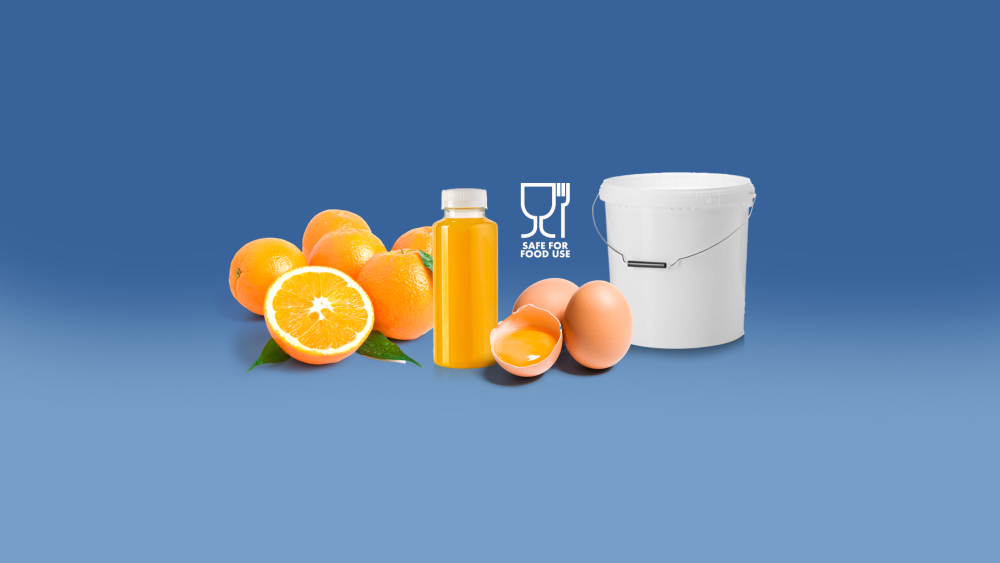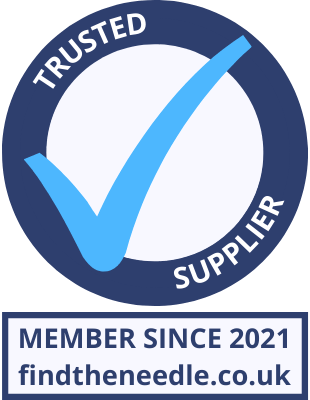 Add My Company
Add My Company
Sign In

For more information on Plastics & Food Safety: Your Questions Answered talk to Cambrian Packaging
Enquire Now
List your company on FindTheNeedle.





